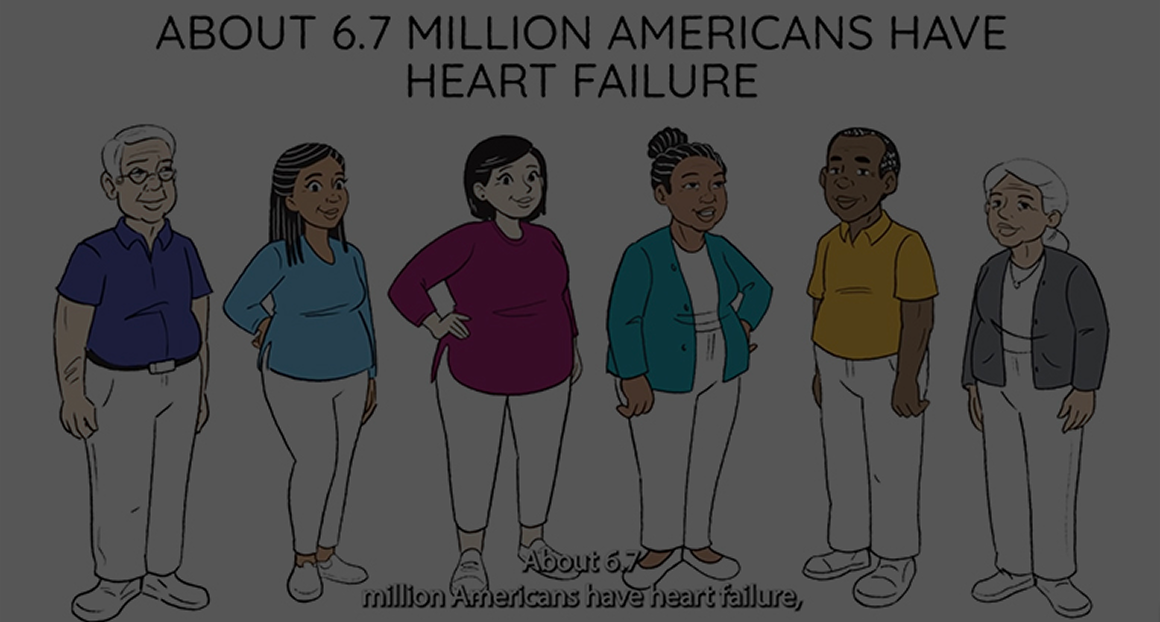WHAT IS FLUID BUILDUP?
Your body depends on your heart’s pumping action to deliver blood to your organs and keep them working properly. A heart with heart failure hasn’t stopped working—it is not pumping as well as it should be. This can cause fluid buildup (also known as edema) which is when fluid collects in areas of your body. When this happens, you may quickly gain weight. Your arms and legs may swell and it can also make breathing difficult.
Fluid buildup from heart failure can happen even when you are following your care plan. It can sometimes be hard to know if your fluid buildup is caused by your heart failure. Talking to your heart failure care team as soon as you notice any of the signs or symptoms of fluid buildup is important to get your fluid levels back under control as quickly as possible.
HOW IS FLUID BUILDUP TREATED?
HOW IS FLUID BUILDUP TREATED?
To manage fluid buildup, your care team will likely have you take an oral diuretic, also known as a water pill, every day.
However, sometimes fluid buildup can’t be managed by oral diuretics alone, even when they are increased or changed. If your fluid keeps building up despite oral diuretics, your care team may try a diuretic that is not taken by mouth and instead goes more quickly into your bloodstream.
If you have fluid buildup that is not improving, FUROSCIX has you covered. A different kind of treatment option, FUROSCIX goes quickly into your bloodstream but can be used in your own home—either by yourself or with a caregiver.
when to use furoscix

did you know?
Fluid buildup is one of the main reasons people with heart failure are admitted to the hospital
People who have fluid buildup stay in the hospital four days on average
A person’s heart condition may worsen each time they are hospitalized for heart failure
